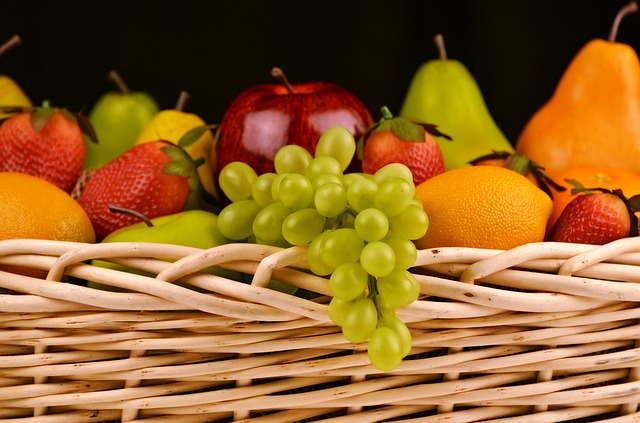Australian fruit exports to China are predicted to take a hit as fears of coronavirus’ spread reduce flights and stymie Chinese trade.
AUSTRALIAN horticulture exporters are bracing for a hit to trade as fears of novel coronavirus’ spread slow orders from Chinese importers as cities there close down and shoppers stay home.
The fallout from the rapidly spreading virus is predicted to hit exporters who sell to Australia’s biggest trading partner in coming weeks.
Australian Horticultural Exporters’ and Importers’ Association chief executive Andrea Magiafoglou said many exporters were already looking for alternative markets to sell their produce. “We have some exporters who have a lack of orders (from China) coming through, and airfreight flights have been reduced,” she said.
“One of our main concerns is the logistics of moving products around once they do arrive in China.”
Qantas will suspend direct flights to mainland China from February 9, while the Department of Foreign Affairs has revised its travel advice for China to “do not travel” as cases of the deadly virus climb.
Last week the Department of Health warned Australians to avoid contact with wild or farm animals to help prevent the spread of the virus. If has since retracted the advice, with a spokesperson telling The Weekly Times there was currently no evidence that livestock or companion animals such as dogs and cats could be infected.
“However it is always a good idea to wash your hands with soap and water after contact with animals,” the spokesperson said.
Coronavirus is believed to have started in a food market that sells meat, poultry and fish as well as Chinese delicacies such as live reptiles and wild game, in Wuhan, in early December.
Scientists have suggested the most likely initial host of the infectious disease was bats, and potentially mirroring the spread of SARS — the disease it is so closely resembles — from bats to Asian palm civets, a wild animal bred in China for consumption.
Australia’s Department of Agriculture has continued to allay fears. “While this virus seems to have emerged from an unknown animal source in China, it is now spreading from person-to-person, and contact with people is the main route of infection,” a spokesperson said.
Source: ALEXANDRA LASKIE, The Weekly Times – February 4, 2020
Related News & Updates
Become a Member
Join AHT
We’re the peak industry body for Australian Horticulture Trade. Joining AHT helps us advocate for you & the greater good of the industry.
Benefits OF joining
- Representing you, monitoring developments and potential threats to imports & exports
- We work on your behalf on solutions & opportunities to facilitate and maintain trade
- Be kept up to date with important issues affecting horticultural imports & exports



